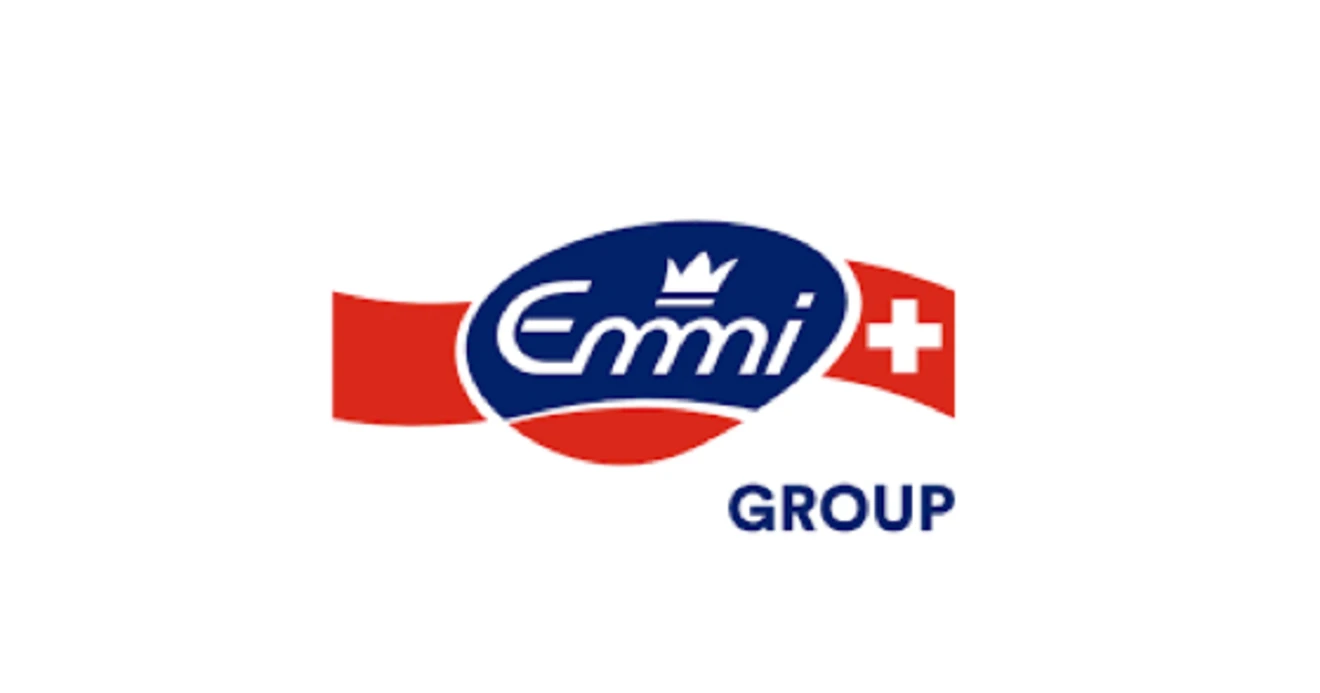Emmi AG
Key Information
HQ:
Switzerland
Market Cap:
$5.32bn
Primary Market:
Europe
Business Type:
Protein Producer
Company Information
Company Summary
Emmi AG develops, produces, and markets a range of dairy and fresh products primarily in Switzerland, the Americas, and Europe. Its offers cow, goat, and sheep milk; mozzarella and fresh cheese, yogurt, drinking milk, and butter; fondue; energy milk and cafe latte; ice cream; whey powder; protein products and milk powder/concentrates. Emmi AG also exports its products to approximately 60 countries. The company was founded in 1993 and is headquartered in Lucerne, Switzerland. Emmi AG is a subsidiary of ZMP Invest AG.
Revenue
Total revenue:
$4.3bn
Revenue by Geography
Revenue by Protein
Revenue by Product Type
Disclosures
CDP ScoresLast Reviewed: 16/10/2024
| CDP Climate | CDP Forests | CDP Water |
|---|---|---|
| Yes | No | No |
Science Based Target initiativeLast Reviewed: 16/10/2024
| Target classification | Status | Date |
|---|---|---|
| 1.5°C | Targets Set | 2021 |

